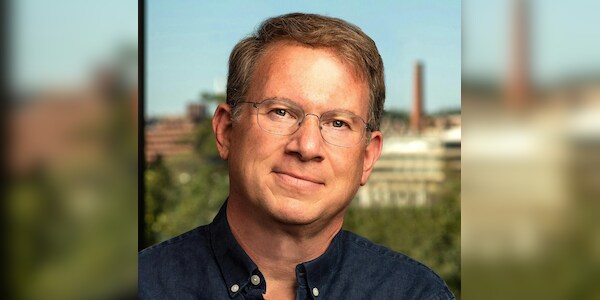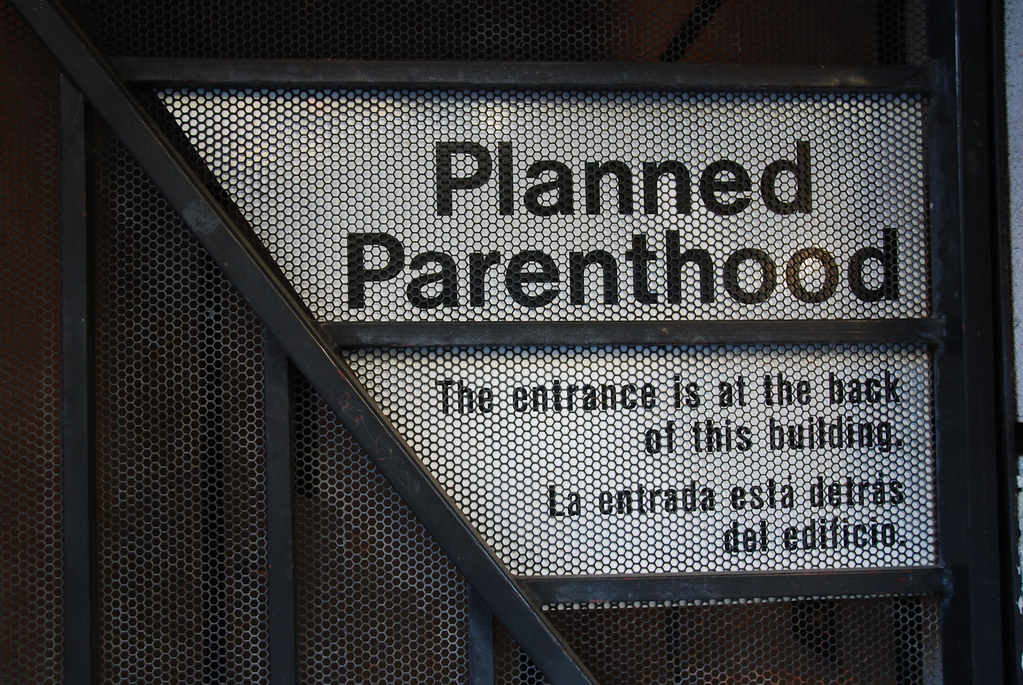In a recent discussion held in Franklin, Tennessee, Canadian psychologist and cultural commentator Jordan Peterson expressed significant concern about what he perceives as the encroachment of “woke” ideology into Protestant churches. During an interview surrounding the premiere of the film Am I Racist?, which features his colleague Matt Walsh, Peterson warned that many Christian denominations are risking their traditional values by embracing contemporary cultural trends that may lead them astray.
One stark visual representation of this trend, he noted, is the increasing presence of rainbow flags outside numerous Protestant congregations. Peterson characterized this shift as indicative of a deeper issue within the faith, referring to it as an alignment with “hedonistic pride.” He believes this change detracts from the core message of Christianity, saying, “We should be concerned by the capture of the Protestant churches by the woke rainbow mob.”
Identity Politics a Real Concern
According to Peterson, the infiltration of identity politics into church discussions poses a serious threat, particularly to younger members who may be more susceptible to societal pressures. He mentioned that even conservative Evangelical groups face their own challenges, pointing to the “bad actors” within the community, who manipulate religious beliefs for self-serving purposes.
He elaborated on the dangers associated with these figures, stating, “The fundamental problem with religious enterprise is that it can be captured by the psychopathic narcissists.” Peterson drew parallels with the Gospel narrative, suggesting that religious leaders can become hypocritical, undermining the very teachings they’re meant to uphold.
Grounded in Skepticism
For those within the Christian community, Peterson advocates for a vigilant approach, encouraging believers to be skeptical—not of faith itself, but of those who wield it for personal gain. He emphasized the importance of discerning the authenticity of religious leaders with the age-old axiom, “By their fruits, you will know them.”
While not identifying as a traditional Christian, Peterson frequently engages with Christian themes, stressing the enduring cultural and moral significance of Christianity in shaping Western civilization. He has previously stated that “The Bible is, for better or worse, the foundational document of Western civilization.”
A Glimmer of Hope Amidst Concerns
Despite the challenges he outlined, Peterson sees a silver lining. He’s noticed a resurgence in church attendance, especially among conservative groups, which he believes could provide a vital support system for navigating today’s complex world—particularly through the influence of social media on youth.
He advocates for exposing children to traditional religious values as a necessary step for helping them manage the temptations associated with modern technology. Peterson warns that excessive screen time can disrupt children’s social skills and interactions, urging parents to limit their children’s access to electronic devices until at least age ten.
Encouraging Healthy Media Consumption
Beyond just limiting screen time, Peterson believes it is critical for parents to guide their children in becoming discerning consumers of content. Engaging in conversations about what children are viewing can deepen their understanding and create a more thoughtful approach to the digital landscape.
As he reflected on the divisive nature of social media, Peterson observed that while online interactions often give the impression of a fractured society, the reality is nuanced. Citing data from a politically liberal acquaintance, he suggested that most Americans, regardless of their political stance, share more common ground than commonly perceived.
Peterson concluded with a call to recognize the influence of impactful yet harmful online actors who exploit divisiveness for personal agendas, raising concerns about the ensuing deterioration of public discourse—an issue he noted has historical precedence.







Leave a Reply